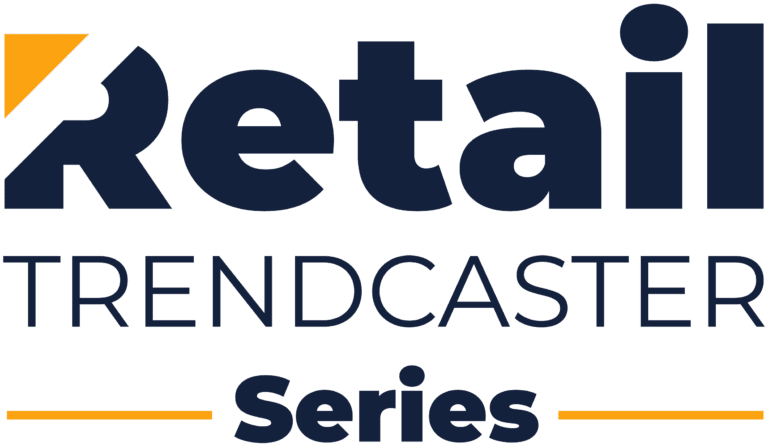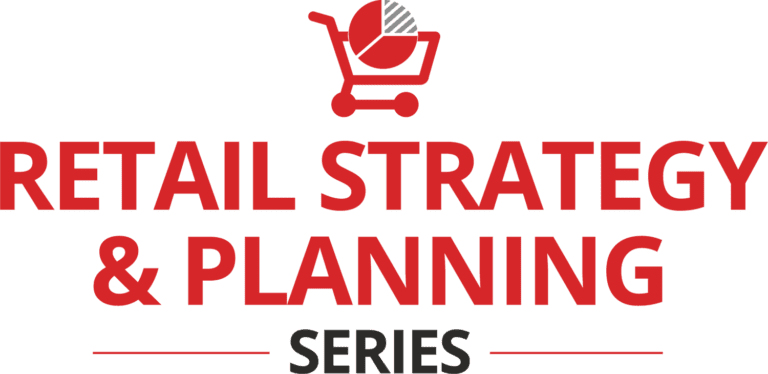By Rob Murphy, Swirl

With more Pokémon Go app downloads in one week than the popular dating app Tinder amassed in 4 years, it’s not just the tech industry who is paying attention to the newly launched mobile gaming app. As users are spending an average of 43 minutes per day in the app, more than on popular social sites like Snapchat, Facebook and Twitter, savvy businesses large and small are wondering how they can get a piece of the action.
This phenomenon is a great example of what can happen when mobile location technology is harnessed in the right fashion. Niantic, the software company behind Pokémon Go, has taken the mobile and physical worlds and effectively merged them into a fully integrated, seamless experience that creates value for consumers. In this case, that value comes in the form of entertainment.
For retailers thinking about how to take advantage of this craze, or any other location-based mobile marketing opportunity, finding ways to create value for the consumer is critical. That value could come in the form of in-game integrations or it could manifest in the physical location itself. Savvy retailers are busy thinking of ways to extend the Pokémon experience to consumers when they arrive at their real-world store. Soon, shoppers will likely begin seeing branded in-store signage, sweepstakes or exclusive in-store offers for game participants, mobile wallet offers beamed automatically to game users when they enter a store, and even multi-channel promotions that reward users for sharing photos of their in-store Pokémon hunting experience on social media.
Mobile apps can quickly grow and fall in popularity, so there’s no telling how long Pokémon Go will capture the attention of today’s mobile generation. However, with the unprecedented popularity of this app, it’s safe to assume that other mobile apps will try to tap into its appeal by launching location-aware and augmented reality features that intersect with the real world.
With this in mind, there are several lessons that retailers should be mindful of if they wish to remain relevant in today’s mobile world. The first, and perhaps most important, is that the line between the physical and mobile world is blurring more and more every day. Shoppers now expect a unified experience online, on their mobile device and in store. Retailers who recognize and understand this have a head start in crafting a winning retail strategy.
The second lesson to be learned from the Pokémon Go phenomenon is that the mobile generation moves at lightning speed. Today’s winners will be those retailers who can spot a trend and be agile enough to take advantage of it immediately. Resist the urge to polish every strategy with months long planning sessions; instead, allocate some discretionary budget for ad hoc topical campaigns.
Lastly, be cognizant of location as it provides important context for mobile interactions. By understanding where a consumer is, retail marketers can better understand shopper intent. And by better understanding intent, marketers can engage shoppers with more relevant messaging.
Rob is an experienced marketer who has spent over 20 years driving strategic growth through consumer and business marketing for companies ranging from venture-backed start-ups to leading corporate brands. He has an established track record of innovation and success across a variety of industries, consumer segments, and marketing channels. Rob was head of consumer and partner marketing at Rue La La, a leader in Internet private sales, where he helped drive explosive growth for an online fashion business that established a fundamentally new e-Commerce model and consumer shopping experience. He led marketing and strategic growth initiatives for Circles, a leading concierge services provider, where he was a member of the executive team that significantly scaled the business to its successful acquisition by Sodexo. Earlier in his career, Rob was an executive with Digitas, an integrated marketing services agency, where he directed client marketing engagements and oversaw the company’s CRM consulting practice. Rob holds a bachelor’s degree in Operations Research & Industrial Engineering from Cornell University and an MBA from the University of Rochester.





